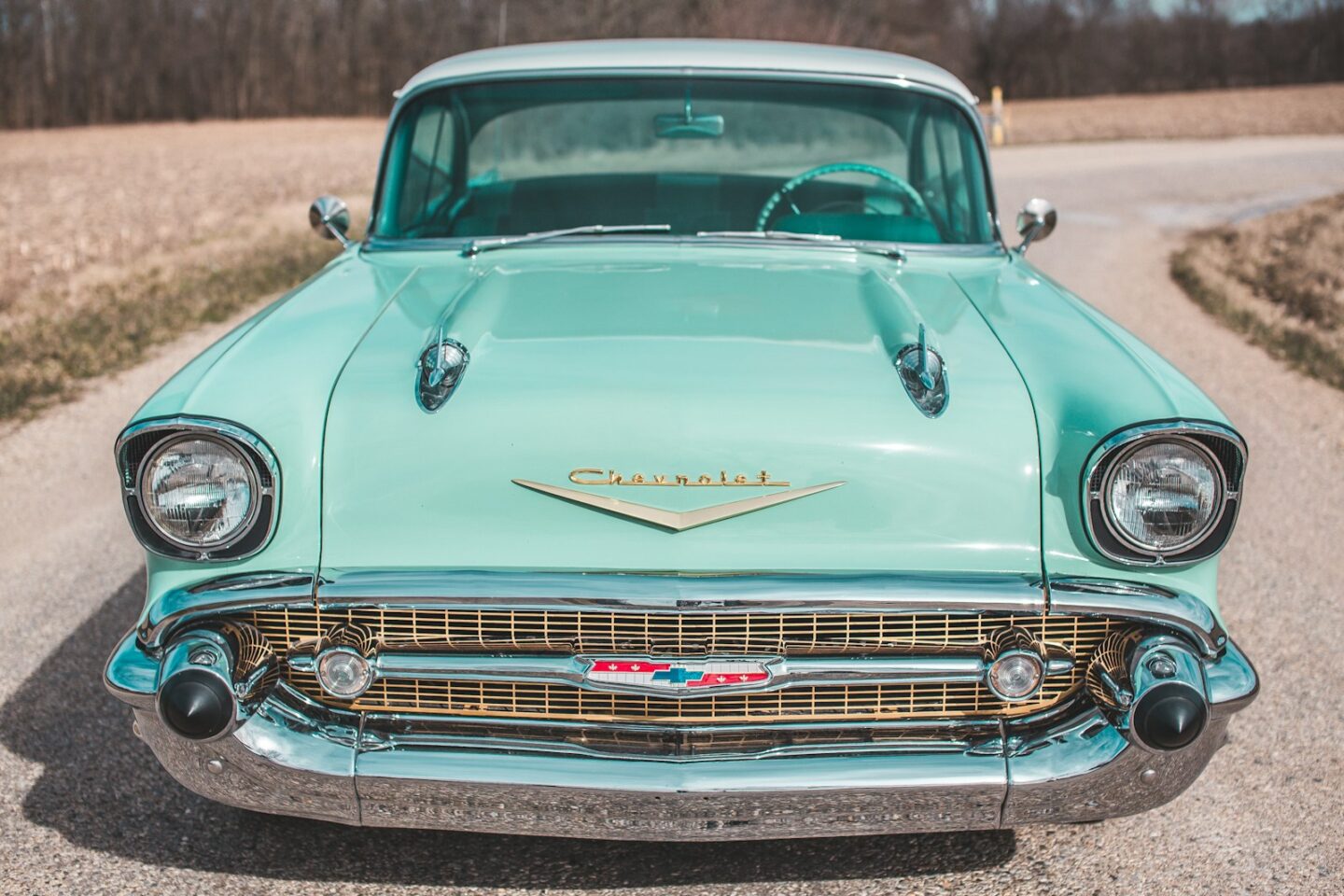Classic car restoration is more than a hobby; it’s a passionate endeavour that many vintage car aficionados swear by, whether they’re doing the restoration themselves or engaging with classic car repair shops. The process involves deeply engaging with automotive history, channelling great craftsmanship, and often results in a beautifully revived piece of the past.
However, beneath the gleaming refinishing and engine purrs, there are significant investments in both time and money. For those on the fence about restoring that old beauty sitting in the garage, we’ll explore whether classic car restoration is worth it.

Classic car restoration offers a myriad of benefits that extend beyond the restored vehicle itself. It’s a labour of love with substantial rewards that cater to various aspects of a car enthusiast’s identity.
At the heart of classic car restoration lies the act of preserving history. Each car model tells a story of its era, from design trends to technological innovations. By restoring a classic car, owners contribute to preserving the legacy of automotive heritage in a way that digital archives or museums can’t fully capture. Owners become custodians of a piece of history, ensuring it’s not just a story in a book but a vibrant experience on the road.
Monetary value often follows classic car restoration. With proper restoration, the value of a classic vehicle can significantly increase. Whether it’s due to rarity, celebrity ownership, or just the fondness collectors have for certain makes and models, reselling a fully restored classic car can sometimes be a lucrative venture. It’s a unique investment where the joy of restoration is complemented by a potential for financial growth.
There’s something special about turning back time and driving a vehicle that might elicit a sense of nostalgia for the owner. Restoring a car can be deeply satisfying on a personal level, providing a link to the past that’s tangible and visceral. Whether it’s a family heirloom, the same model car from a memorable period in one’s life, or simply a vehicle that resonates, the satisfaction of bringing it back to life is immeasurable.
Classic car restoration isn’t all glamour and smooth rides. It comes with a set of challenges that can dampen the spirits of even the most ardent car enthusiast.
The cost of classic car restoration can be significant. It’s not just the initial purchase price of the vehicle that counts; it’s the cost of parts, labour, tools, and equipment. Speciality work like upholstery and metalwork can add up, and unexpected repairs can become additional budgetary items. For many, the initial investment and the unforeseen expenses can be a deal-breaker.
Restoring a classic car is a marathon, not a sprint. It demands a significant commitment of time, often taking months or even years to complete, depending on the level of restoration and the availability of resources. For those with busy schedules or who simply want to hit the road sooner rather than later, classic car restoration might prove to be an impractical choice.
Finding the right parts can be a nightmare, particularly for rare models. Sometimes, parts need to be custom-made, which not only adds to the cost but can also slow down the restoration process. It’s a harsh reality that can leave a project car sitting idle for prolonged periods, which is not only a drag but can also demotivate the owner.
Making the decision to restore a classic car is deeply personal and can be influenced by a variety of factors. For some, these factors lean heavily in favour of restoration, for others, they can tip the scale against it.
The rarity of a vehicle often influences the decision to restore. Rare models, because of their scarcity, are more likely to increase in value and attract the interest of collectors. Conversely, more common models might not yield the same return on the restoration investment.
The financial aspect is one of the most significant factors to consider. A restoration budget has to be realistic and flexible enough to accommodate unforeseen costs. It’s crucial for enthusiasts to know their limits and be comfortable with what they can afford, ensuring the restoration remains an enjoyable endeavour.
The extent of the restoration also plays a role. A full frame-off restoration involves completely disassembling the vehicle, while a partial restoration might focus on specific areas. Each level comes with a different cost and time commitment. It’s essential for owners to have a clear vision of what they want and can reasonably achieve.
Restoring a classic car is a complex decision that requires careful consideration of one’s personal interests, resources, and potential outcomes. While there’s certainly no one-size-fits-all answer, it’s clear that classic car restoration offers unique opportunities for those who are willing to invest their time and passion. The act of preserving automotive heritage, the potential for increased value, and the personal satisfaction it brings are all compelling reasons to undertake a restoration project.
However, the high costs involved, the time it takes, and the availability of parts can be challenging obstacles. In weighing these factors, it’s important to decide what holds the most value for you as a classic car enthusiast. Whether or not classic car restoration is worth it ultimately comes down to how you define value and whether the intrinsic rewards outweigh the investments required.
This is a collaborative post.